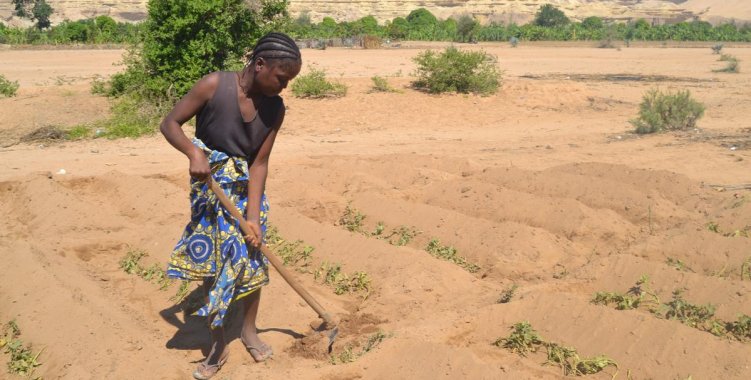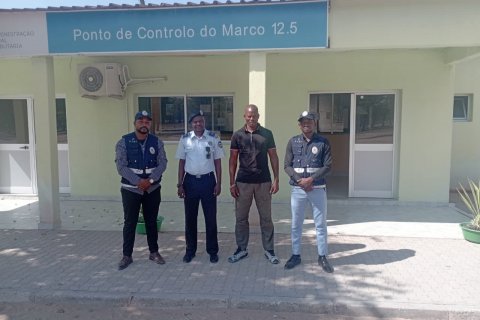"It is expected that the lack of water availability and the increase in extreme events will pose increasing challenges to agricultural production", stresses the document, which Lusa had access to.
Fishing productivity is also expected to decline, with the expectation that the maximum catch potential will decrease by 43.7 percent by 2050 and 64.0 percent by 2100, indicates the World Bank study, which also identifies major impact and mitigation strategies.
Given the climate risks Angola faces, despite its small contribution to global greenhouse gas emissions (0.21 percent), CCDR prioritizes adaptation and resilience, while exploring opportunities for low-cost growth carbon content.
The largest sources of greenhouse gas emissions in Angola come from the oil and gas sector (mainly from fugitive methane emissions and gas flaring), followed by emissions from agriculture, forestry and other land uses.
The report recommends ways to reduce the carbon intensity of oil and gas production, notably by introducing a gas flaring and leak tax, as well as strengthening compliance with existing regulations.
Other measures include further expansion of renewable energy; removal of fuel subsidies to promote more rational use of fuel and transport efficiency; and the adoption of measures to reduce emissions from agriculture, reversing land degradation and deforestation.
The report identifies five pathways to achieving the vision "of a low-carbon, diversified and climate-resilient future Angolan economy", which were adapted to the national context and identified in dialogue with the Government of Angola.
The CCDR recommends investing in and strengthening the resilience of key sectors, namely water resources, agriculture and fisheries, and renewable energies, as well as "providing green and resilient cities with economic opportunities for all Angolans" and "boosting human capital".







